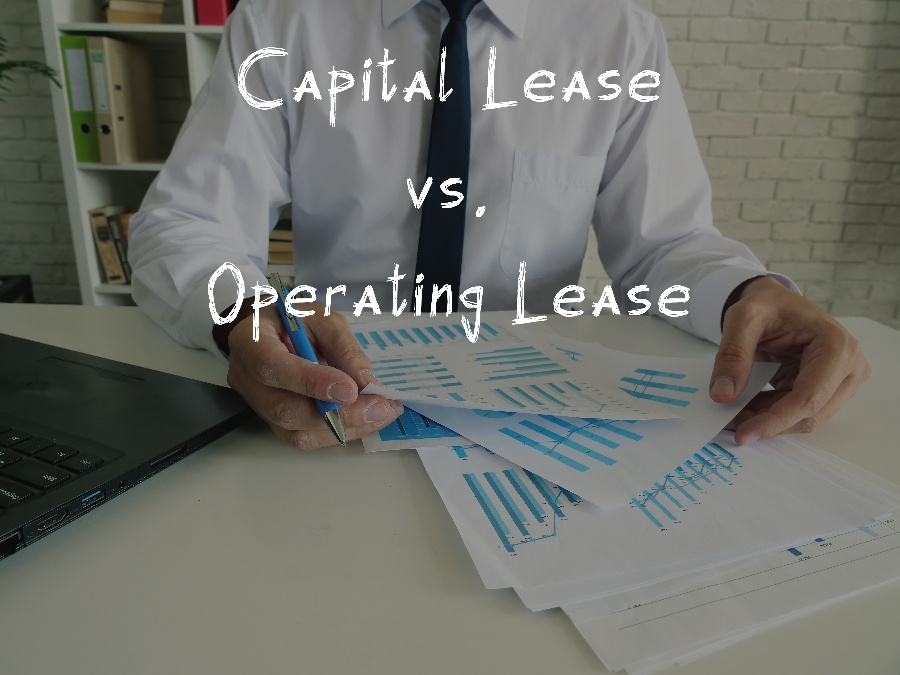
Company-provided fleet vehicles continue to be the most cost-efficient and safest method of offering transportation to workers who need to travel to deliver and service products and meet customers. There are a couple of ways fleet companies can provide these vehicles: ownership or lease.
Leasing fleet vehicles for business use is a common alternative to ownership. There are a number of reasons why companies lease, including balance sheet considerations, administrative ease and conservation of capital.
Lease Accounting Rules
New accounting rules were issued for leases by the Financial Accounting Standards Board (FASB) in 2016. All leases over 12 months are required through these new rules to be documented on the business balance sheet as both liabilities and assets. Because of this, operating leases under 12 months are treated as expenses and the longer-term leases are like purchasing an asset.
The two types of leases that have a different impact on accounting and business taxes are: capital leasing and operating leasing.
Operating Lease vs. Capital Lease
So what is the difference between operating leasing and capital leasing?
Operating Lease
An operating lease is an asset rental from a lessor, but it doesn't fall under the same terms that would categorize it as a capital lease. Operating leases keep businesses from having to record the assets on the balance sheet. This is an arrangement referred to as "off-balance-sheet funding".
It's an operating lease unless any one of these four criteria is met:
- The lease transfers property ownership by the end of its term to the lessee.
- There's a bargain purchase option contained in the lease.
- The term of the lease is equal to 75% of the leased property's economic life or more.
- The current value of the minimum lease payments is equal to or goes over 90% of the leased property's excess of fair value to the lessor.
Benefits of an Operating Lease
Some benefits include:
- An operating lease provides flexibility to fleet companies that often replace or update their equipment.
- The lessee receives protection from the risk of obsolescence.
- There is easier accounting: the asset doesn't need to be added to the balance sheet. Also, the equivalent debt liability doesn't need to be included or calculated either.
- Lease payment is an operational expense, therefore it's completely tax-deductible.
- It offers improved ROA or Return On Asset without any restraints from capital budgeting.
Capital Lease
A capital lease is a type of lease where the lessor finances just the leased asset and all other ownership rights transfer to the lessee.
For it to be considered a capital lease, a minimum of one of the following conditions required by the FASB must be met:
- Vehicle title passes to the lessee automatically by the end of the term of the lease.
- The lease will contain an option to buy the vehicle at a bargain price or significantly lower than fair market value at the end of the lease.
- The lease's term doesn't go over 75% of the vehicle's useful life.
- The current value of the lease payments doesn't go over 90% of the vehicle's fair market value.
- You're essentially paying the cost of the vehicle, with a capital lease, over the lease's term.
Benefits of a Capital Lease
Benefits include:
- Capital leases acknowledge costs sooner than corresponding operating leases. The lessee can claim depreciation every year on the asset.
- Along with depreciation, you can also deduct the interest expense element of the lease payment as an operational expense.
So, why would you choose one lease type over the other? This is a complicated question and you should consider each asset investment individually to be sure which funding type will be most beneficial to your company. However, there are a couple of important considerations; the lifespan and type of asset (in this case the fleet vehicle) as well as how it will be reflected in your company's accounts.
If you have questions or would like information on fleet vehicles for your fleet company, contact us at Wilmer, Inc. We are the ideal vehicle to help your fleet company find your perfect vehicles.








